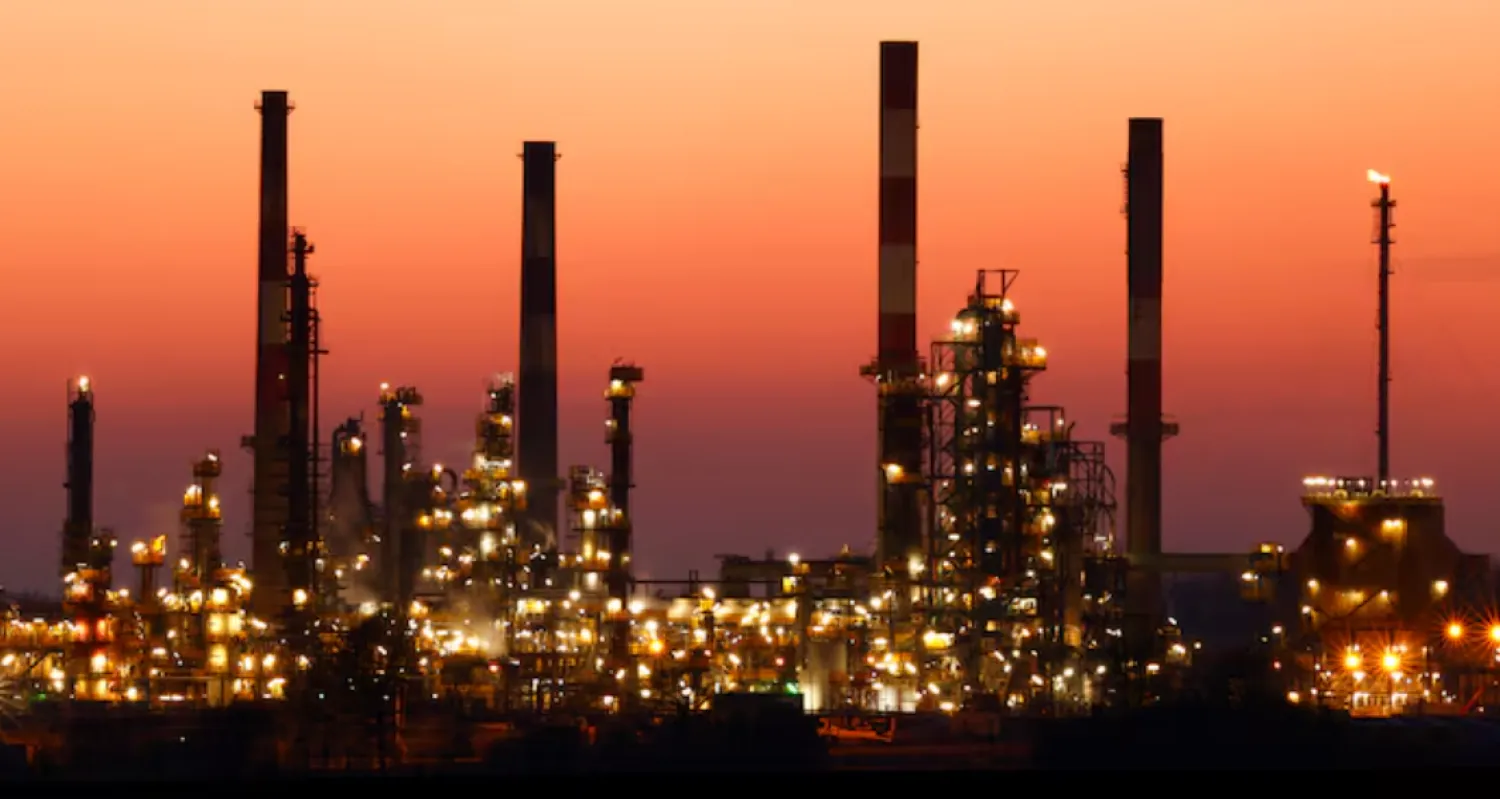UAE Energy Minister Suhail Al-Mazrouei stressed on Saturday the significant and pivotal role played by OPEC and the OPEC Plus alliance to serve the interests of producers and consumers alike, and promote sustainable investment in the energy sector.
The Minister emphasized that joint teamwork is always a source of positive results and a pillar of strength for cooperation and unity, the Emirates News Agency, WAM said.
In remarks he made at the OPEC’s 60th anniversary celebration held in Iraq’s Baghdad, Mazrouei indicated that the main goal of OPEC is based on ensuring market stability and achieving a balance between demand and supply, hence supporting global economic growth.
The Minister pointed out that Iraq's hosting of the celebration is an affirmation of strengthening and consolidating the spirit of joint action to achieve stability in the global oil market.
On Friday, Saudi Energy Minister Prince Abdulaziz bin Salman said that the Organization of the Petroleum Exporting Countries (OPEC) and the OPEC Plus alliance only target market stability, including the benefit of producers, the petroleum industry and the concept of energy security.
OPEC had announced that the OPEC Plus alliance decided, during its June 4 meeting, to adjust the bloc’s production level to 40.4 million barrels per day, starting from January 2024, for a period of one year.
On the same day, Saudi Arabia announced an additional voluntary cut in oil production, amounting to one million barrels per day, starting in July, for a renewable month, while other producers, including Russia and Iraq, announced an extension of previous cuts.









